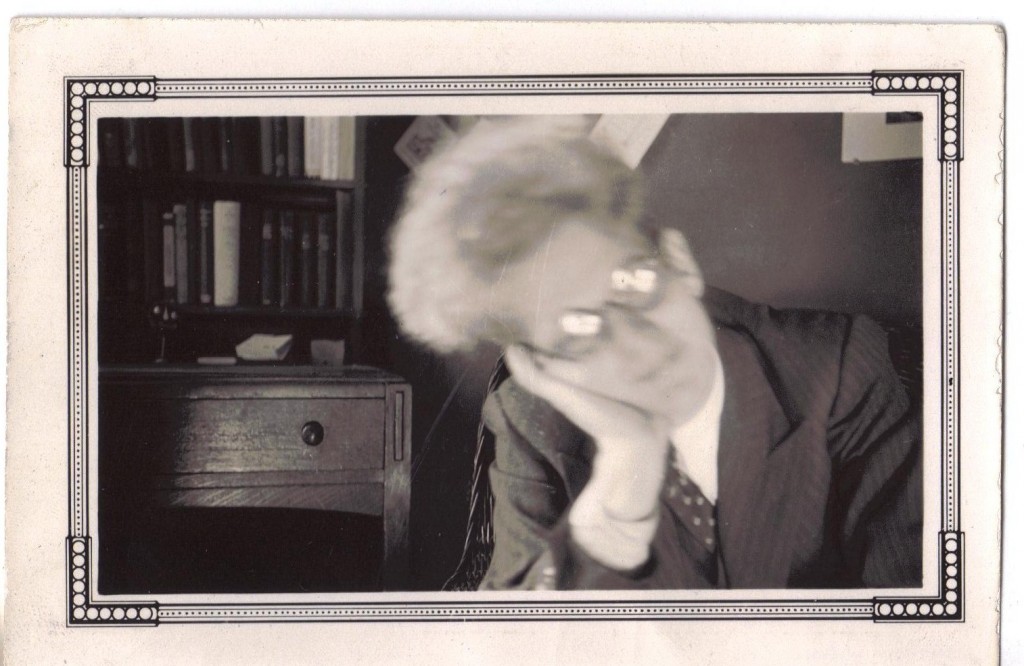There’s a story in today’s Moncton Times-Telegraph about the lineup for this year’s Frye Festival, April 25th to May 1st. Margaret Atwood will be the featured guest speaker.
Daily Archives: February 22, 2011
Call for Submissions to Frye Centenary Edition of “ellipse”
Frye as a 17 year old freshman at Victoria College, 1929-1930
The literary journal ellipse is calling for submissions for a special edition, to be published in the spring of 2012, to mark Northrop Frye’s centenary year.
Poems, stories, and essays are welcome, in English or in French. Stories and essays should be 4,000 words maximum.
Contributions do not necessarily have to be directly influenced or shaped by Frye’s thought, as long as they are submitted to honour Frye on his 100th birthday.
A section of the journal will also be devoted to Memories of Frye from former students, colleagues, and friends. Please submit in the range of 1,000 words or less.
The launch of this special edition, with readings by some contributors, will take place in Moncton in April, 2012, as part of the Frye Fest’s three-day celebration of the centenary.
Ellipse, under the direction of Jo-Anne Elder, is a journal that focuses on Canadian Writing in Translation / textes littéraires canadiens en traduction. Some of the selected pieces will be translated for this special edition.
Co-Editors for this special issue will be Ed Lemond and Suzanne Cyr, Co-Chairs of the program committee for the Frye Festival.
Deadline for submissions is September 15, 2011. E-mail submissions are preferred. Please send submissions to ellipsefrye@gmail.com
By regular mail send to:
revue ellipse mag
180 Liverpool Street
Fredericton, NB E3B 4V5
Luis Bunuel
httpv://www.youtube.com/watch?v=pib9zv1dHcE
A notorious sequence from 1923’s Un Chien AndalouToday is surrealist filmmaker Luis Bunuel‘s birthday (1900-1983).
From “Design as a Creative Prinicple in the Arts”:
Realism is often associated with, and often rationalized as, a scientific view of the world, but the impetus behind realistic art, good or bad, is of social and not scientific origin. There is a curious law of art, seen in Van Gogh and in some of the Surrealists, that even the attempt to reproduce the act of seeing, when carried out with sufficient energy, tends to lose its realism and take on the unnatural glittering intensity of hallucination. (CW 27, 232)

